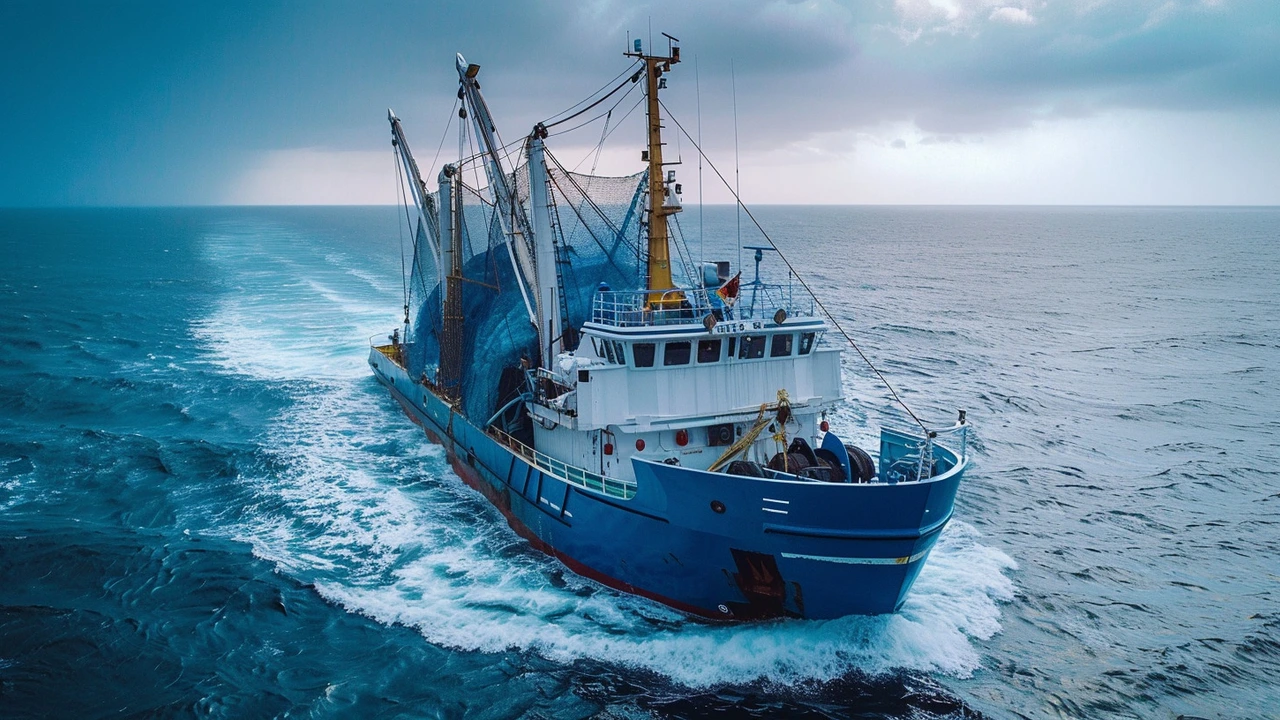People throw the term “blue economy” around a lot, but what does it actually mean for folks in Africa? Picture this—it’s not just about fishing or port jobs. The blue economy touches everything from local seafood markets to massive shipping routes and budding eco-tourism spots along the coast. It’s about making money from the ocean while keeping it healthy for future generations.
Why is everyone now paying attention? The ocean covers more than 70% of the earth’s surface and, for Africa, it’s a goldmine. Coastal communities rely on fishing for daily meals and jobs. Big cities benefit from busy ports and cruise tourism. Even inland farmers get a boost because marine industries drive demand for local produce, like cassava or millet for export markets. That trickle-down effect is why leaders are pushing for smarter, more sustainable ways to tap ocean resources.
But let’s get specific. There’s way more to the blue economy than trawling for fish. African innovators are exploring seaweed farms in Tanzania, oyster and crab hatcheries in South Africa, and high-tech shipping centers in Kenya. Some urban planners are rethinking how to protect mangrove forests and coral reefs—those same areas that look great on postcards but quietly shelter young fish and defend communities from storms.
Eco-tourism is another big piece. People around the world crave a taste of Africa’s wild coastlines—the dolphins off Mauritius, the underwater caves in Mozambique, the endless beaches in Ghana. And when it’s done right, tourism dollars go straight into schools, road repairs, and wildlife protection. The challenge? Balancing profit with the need to keep those places unspoiled. Too much pressure from visitors or commercial fishing, and the delicate balance tips.
So what’s holding the blue economy back? It comes down to smart policies and investment. Overfishing, pollution, corruption, and outdated laws still keep too many profits out of ordinary hands. Some governments are rolling out better rules—stronger patrols to stop illegal fishing, simple licenses that help small fishermen compete, and education so young people see the ocean as a source of both pride and opportunity.
If you’re curious about where all this leads, just look at daily headlines—Kenya’s push to draw investors for innovative waterfront businesses, Nigerian startups using ocean data to track fish stocks, or South Africa’s efforts to blend tech with beach conservation. Grassroots groups and women’s cooperatives are staking their claim too, from seaweed farms to guided nature tours.
And the stakes are sky-high. Africa’s population is booming, and the pressure on food and jobs keeps growing. The blue economy offers more than another buzzword; it’s a lifeline. Harnessed the right way, Africa’s ocean spaces could drive real change—jobs, food, clean energy, and a stronger environment for future generations. Stay tuned as the blue economy keeps making waves, turning big ideas into real results on the ground.

Nigerian Trawler Owners Association urges the Federal Government to provide affordable diesel to maintain the blue economy and protect ocean resources. Rising diesel costs have significantly affected operations, leading to unemployment and vessel inactivity.
Read More >>